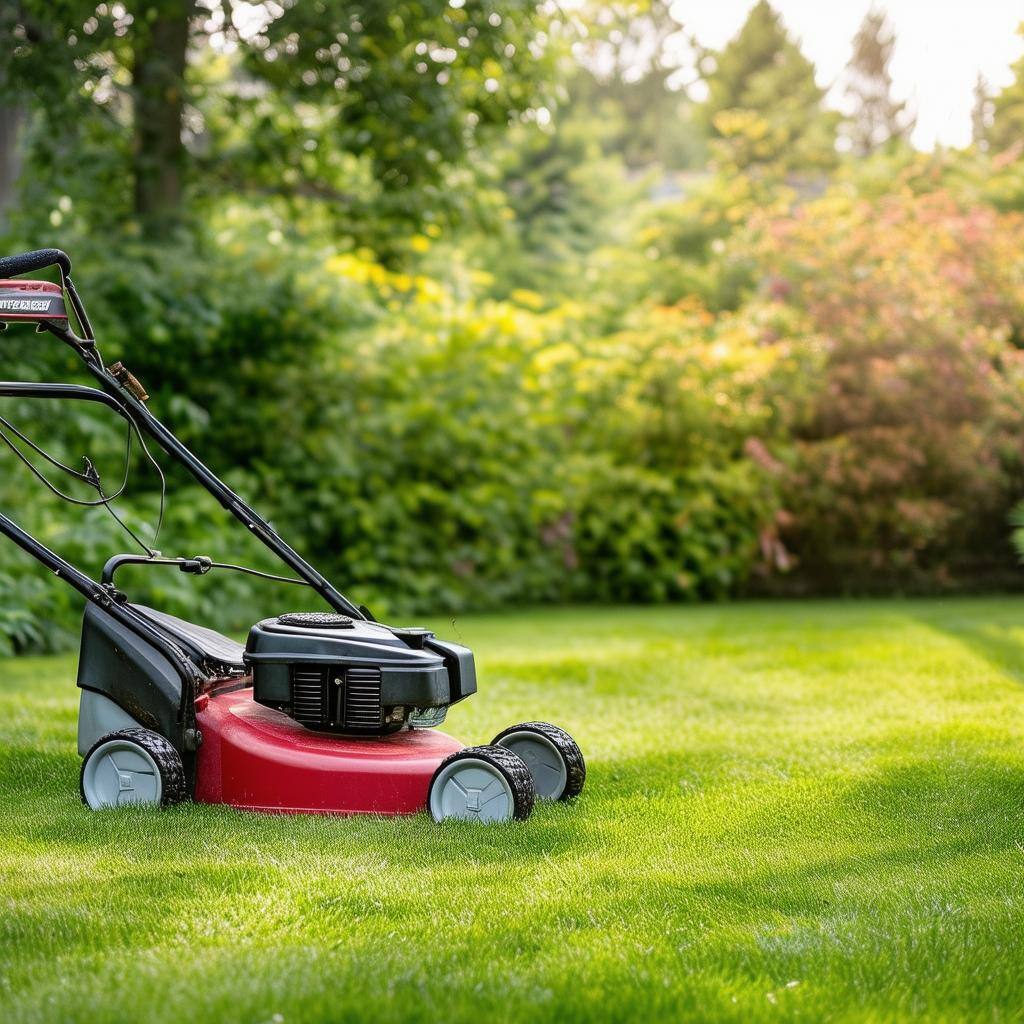
Flushing Your Water Heater
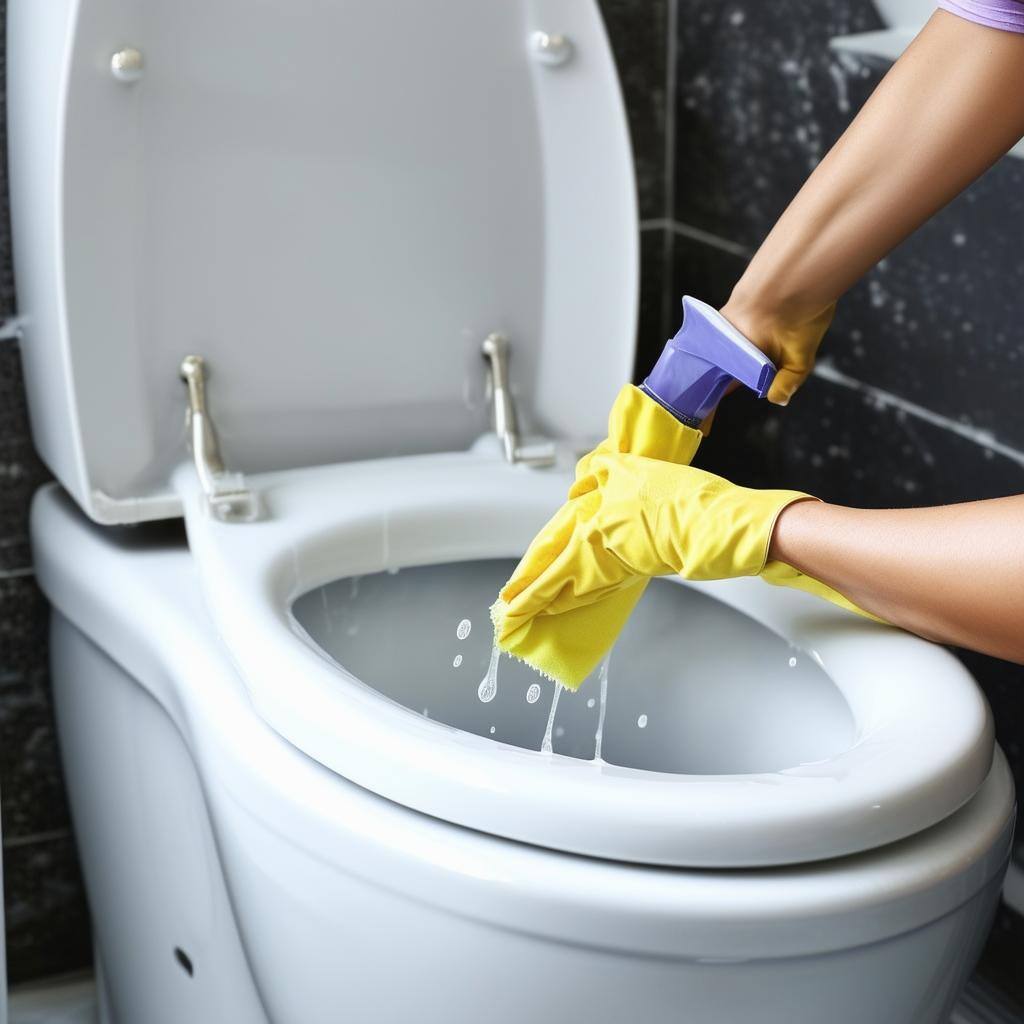
Cleaning the Toilet Tank
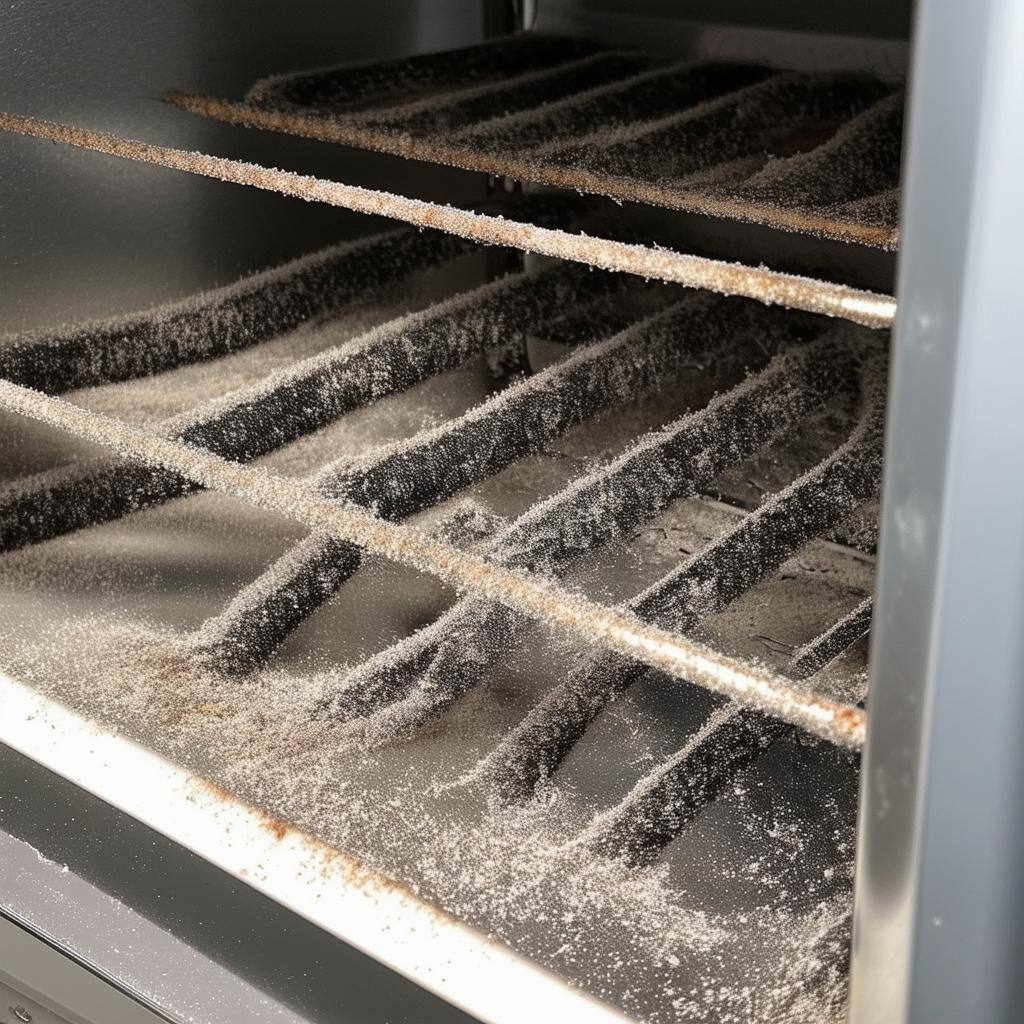
How To Vacuum Refrigerator Coils
The Essential Guide to Pest Control: Keeping Your Home Safe and Comfortable
Pest control is a vital aspect of maintaining a healthy and comfortable living environment. Whether it’s ants invading your kitchen, termites damaging your wooden structures, or rodents scurrying through your attic, pests can pose serious risks to your home and well-being. In this article, we’ll explore the importance of pest control, common household pests, effective prevention strategies, and when to seek professional help.
Learn More Below for Why It's Important, Common Issues, Effective Prevention Strategies, & When to Call the Pros!
Why Pest Control is Important
1. Health Risks
Many pests are carriers of diseases that can affect humans and pets. For instance, rodents can transmit hantavirus and leptospirosis, while mosquitoes are known vectors for West Nile virus and Zika virus. Effective pest control helps reduce these health risks.
2. Property Damage
Pests can cause significant damage to your home. Termites can undermine the structural integrity of wooden beams, while rodents can gnaw on electrical wiring, increasing the risk of fire. Early pest control measures can prevent costly repairs down the line.
3. Comfort and Peace of Mind
Pests can create an uncomfortable living environment. The sight of roaches or the sound of mice at night can be distressing. Effective pest management not only protects your home but also enhances your overall comfort.
4. Preservation of Resources
Pests can damage food supplies, textiles, and other household items. By implementing pest control strategies, you can protect your resources and save money.
Common Household Pests
1. Rodents
Rats and mice are common household pests that can invade homes in search of food and shelter. They reproduce quickly and can carry diseases.
2. Cockroaches
These resilient pests thrive in warm, humid environments. Cockroaches can trigger allergies and asthma, making their presence particularly concerning.
3. Ants
Ants can invade homes in search of food. While most are harmless, some species, like fire ants, can deliver painful stings.
4. Termites
Termites feed on wood and can cause extensive damage to homes. Early detection and treatment are crucial to preventing structural issues.
5. Bed Bugs
Bed bugs are small, parasitic insects that feed on human blood. They can cause itchy bites and are notoriously difficult to eliminate once established.
Effective Pest Prevention Strategies
1. Maintain Cleanliness
Keeping your home clean is the first line of defense against pests. Regularly clean kitchens, dining areas, and other spaces where food is present. Store food in airtight containers and promptly clean up spills.
2. Seal Entry Points
Inspect your home for cracks, gaps, and holes where pests might enter. Seal these entry points with caulk or weather stripping to prevent access.
3. Manage Landscaping
Keep vegetation trimmed and away from your home’s foundation. Wood piles, compost heaps, and standing water can attract pests. Regularly maintain your landscaping to minimize these risks.
4. Proper Waste Management
Use sealed garbage cans and dispose of waste regularly. Compost bins should be kept at a distance from the house to avoid attracting pests.
5. Monitor for Signs of Infestation
Regularly check for signs of pest activity, such as droppings, gnaw marks, or nests. Early detection can help you address issues before they escalate.
When to Seek Professional Help
While DIY pest control methods can be effective, there are situations when it’s best to call in professionals:
1. Severe Infestations
If you’re dealing with a significant pest problem, such as a termite infestation or a large rodent population, professional pest control services can provide the expertise and resources necessary to handle the situation effectively.
2. Health Concerns
If pests are causing health issues, such as allergies or disease, it’s essential to act quickly. Professionals can address the problem safely and efficiently.
3. Persistent Problems
If you’ve tried DIY methods without success, it may be time to seek professional assistance. Pest control experts can identify the root cause of the problem and implement targeted solutions.
4. Preventive Treatments
Consider hiring professionals for routine inspections and preventive treatments, especially if you live in an area prone to specific pests.
Summary
Pest control is a crucial aspect of maintaining a healthy and comfortable home. By understanding the risks associated with pests and implementing effective prevention strategies, homeowners can protect their living spaces from unwanted invaders. Regular maintenance, vigilance, and professional assistance when necessary can keep your home pest-free, ensuring peace of mind and a safe environment for you and your family. Embrace proactive pest management and enjoy a more comfortable, pest-free home!
Why don't homes come with a user manual?
We don't know, either. But we're here to help.
See how, below...from tackling the maintenance tasks you can’t stand or always forget, to getting proactive with your maintenance, to sending out contractor referrals we actually know & trust!
You May Also Like
These Related Stories
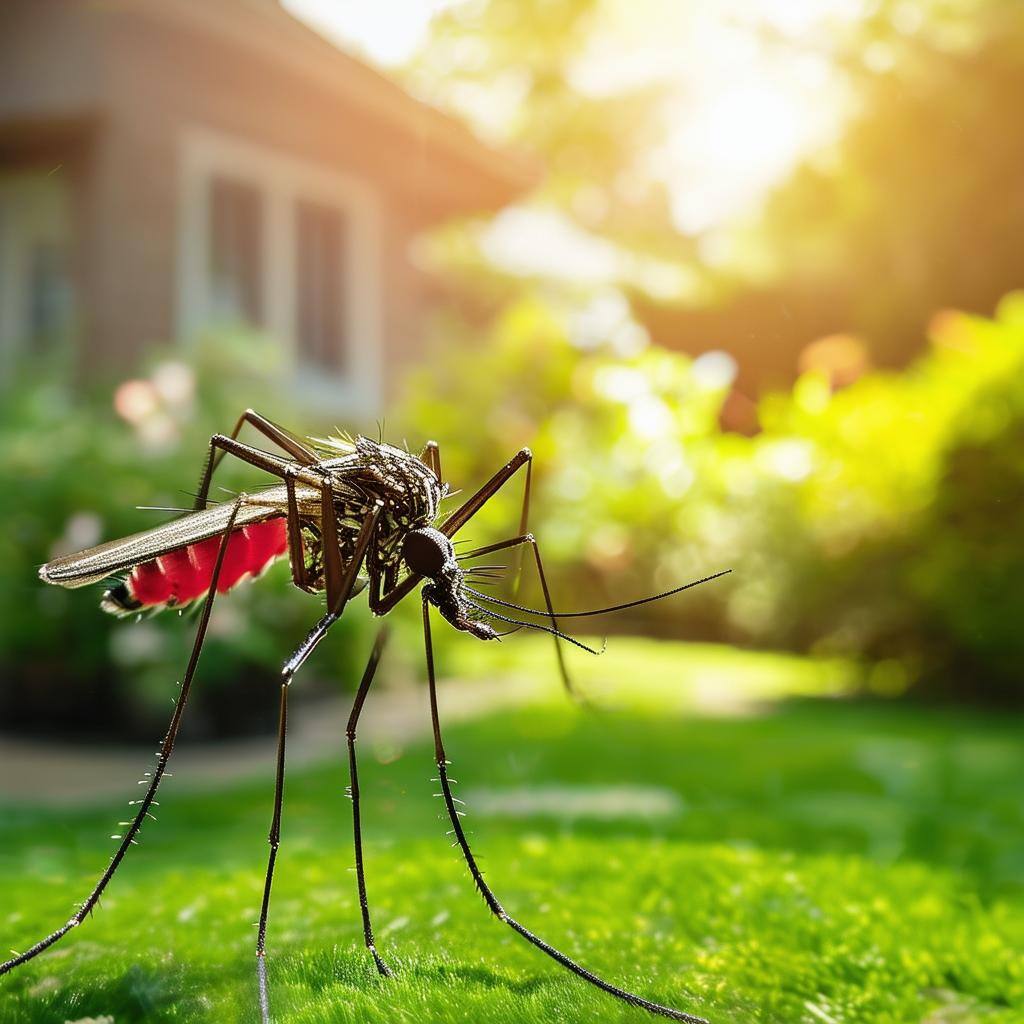
Mosquito Treatment Guide
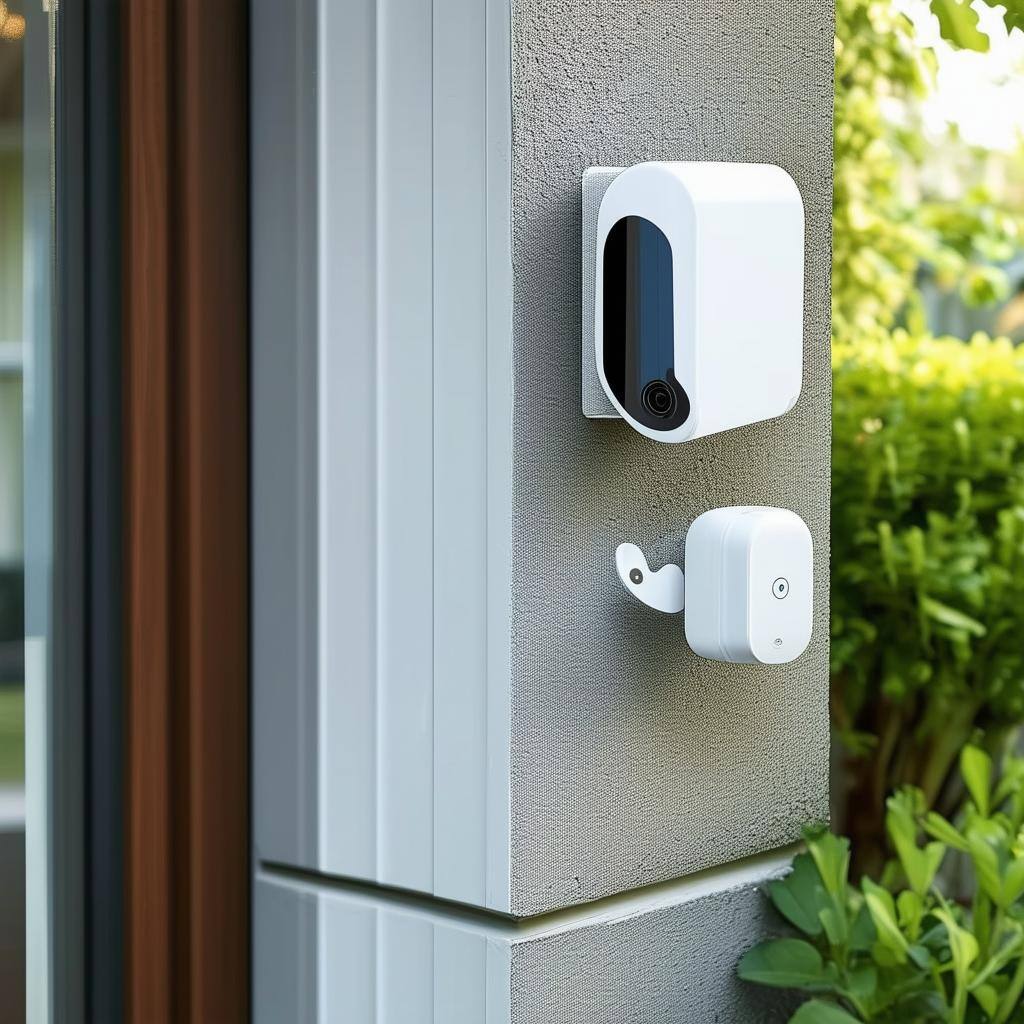
Home Security Guide
